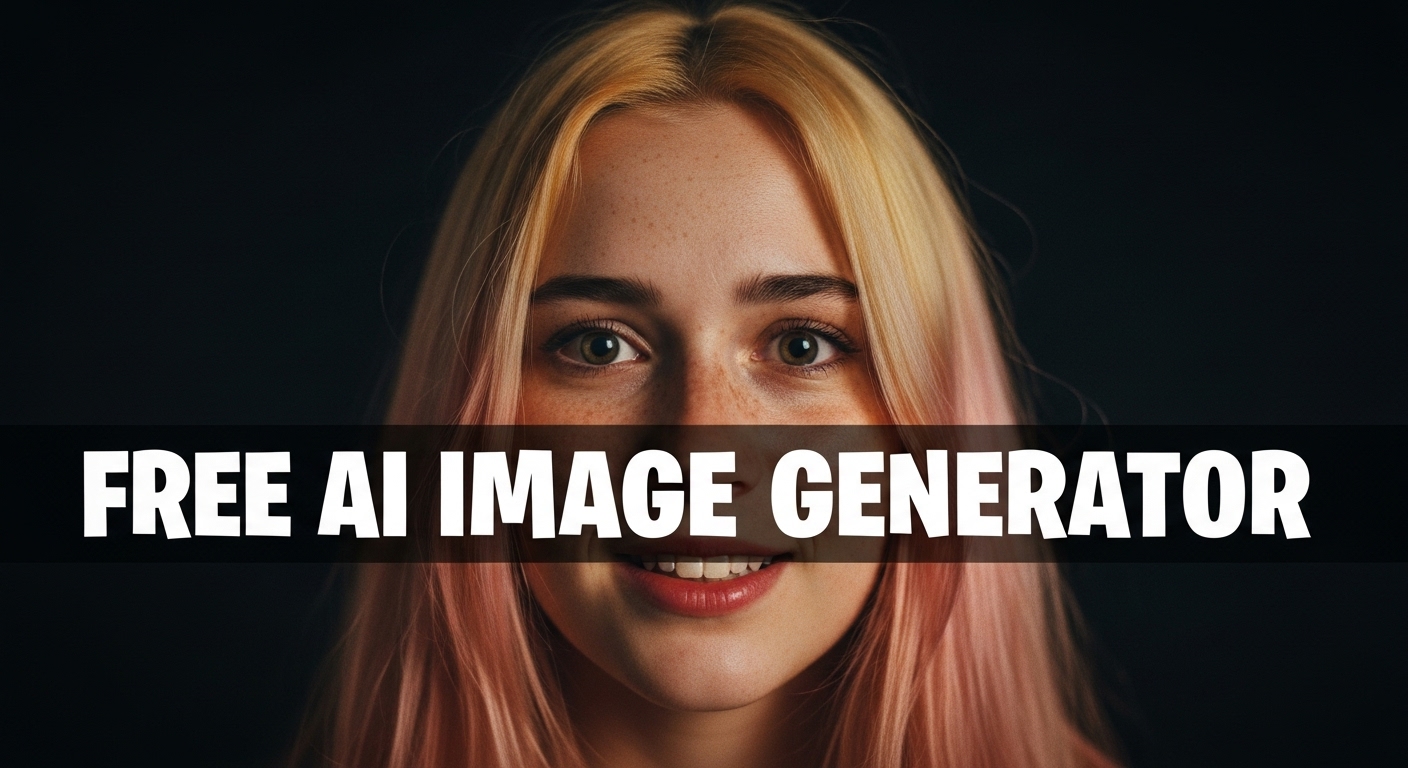Film Grain Image Generator
Film Grain Image Generator is a free online tool to generate film grain style images. The tool is free to use, just enter prompt in film grain style and generate film grain image style in seconds similar quality to flux, midjourney, open ai, imagen, nano banana AI image quality.
Generate Film Grain AI Image for Free
What is a film grain Generator?

A film grain generator is an AI-driven tool that synthesizes the textured particles and tonal irregularities found in analog film emulsions. Instead of generic noise, it models grain size, clumping, distribution across highlights and shadows, chromatic speckling and halation to recreate the distinct tactile look of different film stocks. The generator can apply grain as a subtle overlay or integrate it into the image generation process so the grain appears organic and interacts with tones, edges and blur.
Photographers, colorists, filmmakers and designers use a film grain generator when they want authentic emulsion character without reshooting on celluloid. It is used to add vintage credibility, simulate high ISO response, match archival footage, or create a cohesive cinematic texture across stills and frames. Because the generator can mimic specific grain patterns from well known stocks and custom emulsions, users choose it to speed up workflows while preserving the nuance of analog film.
How to Create film grain Images
To create film grain images in three simple steps: Step 1 choose or enter a detailed prompt or upload a base image and select a film grain preset or target emulsion, Step 2 adjust grain parameters such as size, intensity, distribution, and color bias to match the look you want, and Step 3 generate the image, preview variations, refine settings and download the final high resolution file for use in photography, video or design projects.
Enter AI Film Grain Prompt

Type your film grain character or scene description in the prompt box. Include details like character appearance, clothing, expressions, and setting to get better AI film grain results.
Choose AI Model Settings
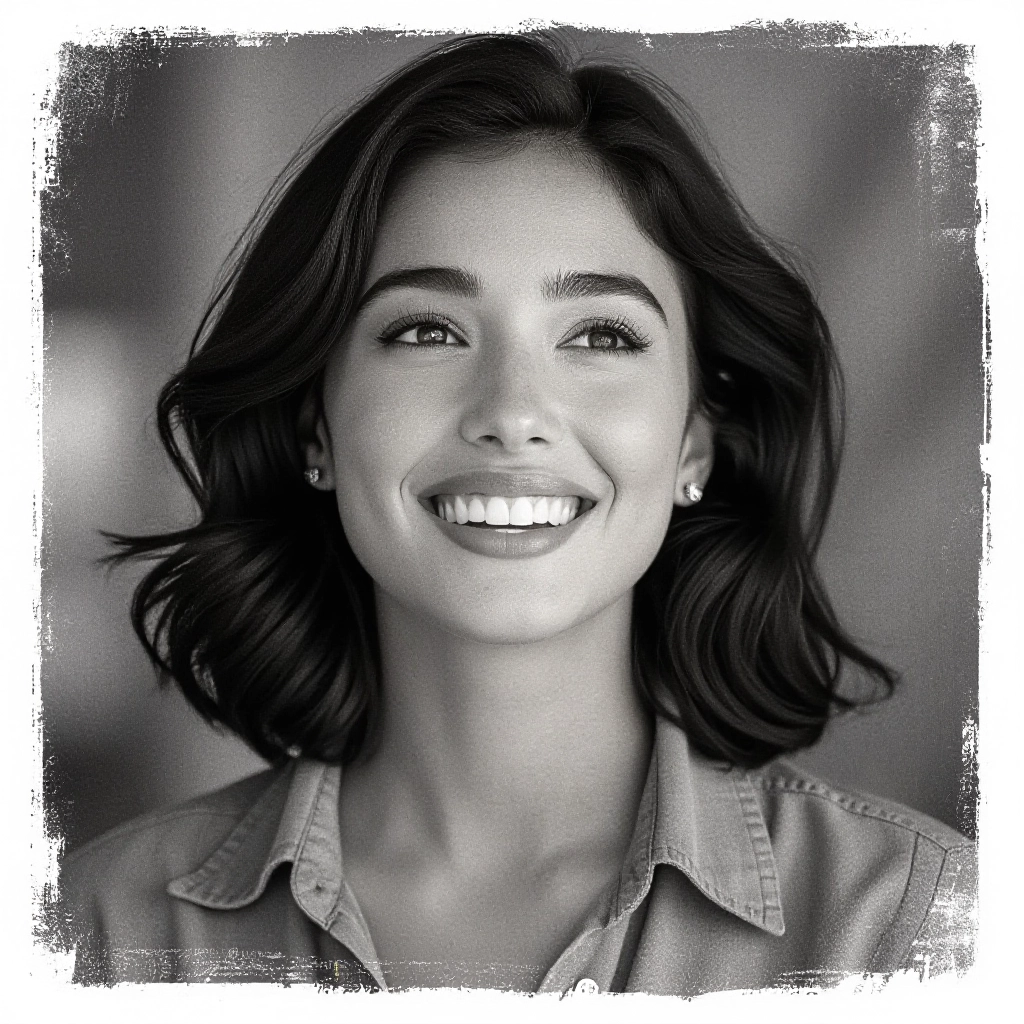
Select your preferred image size and aspect ratio. Our AI model delivers professional quality comparable to:
- • Flux AI Quality
- • Midjourney Standard
- • OpenAI DALL-E
- • Google Imagen
Download AI Film Grain Image

Once your AI film grain image is generated, click the download button to save it to your device. The image will be in high quality format ready for use.
Features of AI film grain Image Generator
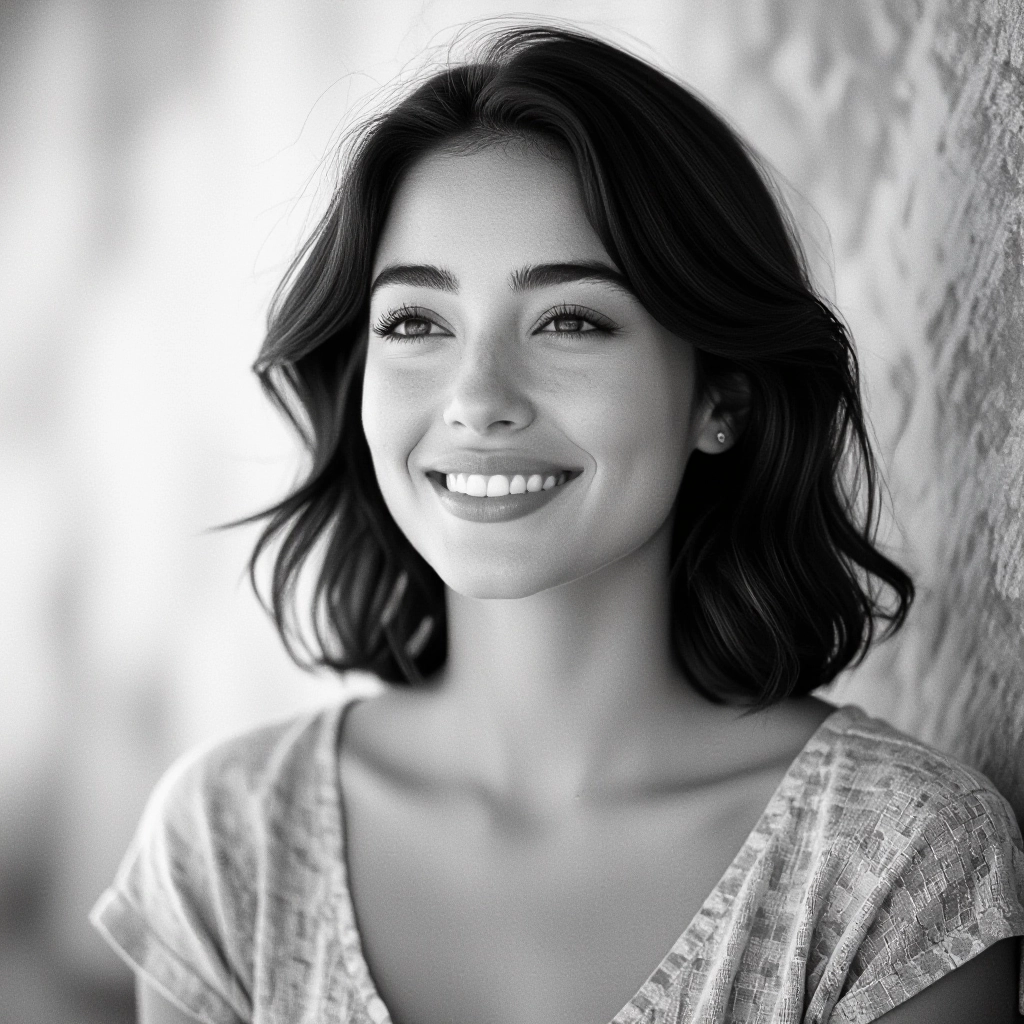
Adjustable Grain Size and Intensity
Control micron-scale grain appearance from ultra-fine subtle texture to heavy, coarse particles that emulate high ISO film. Intensity sliders let you dial how much the grain influences highlights, midtones and shadows for realistic contrast response.

Grain Distribution and Clumping Controls
Fine tune how grain clusters across an image with controls for clumping, anisotropy and scattering. This reproduces real emulsion behaviors where grain concentrates differently in shadow areas than in highlights and near edges.
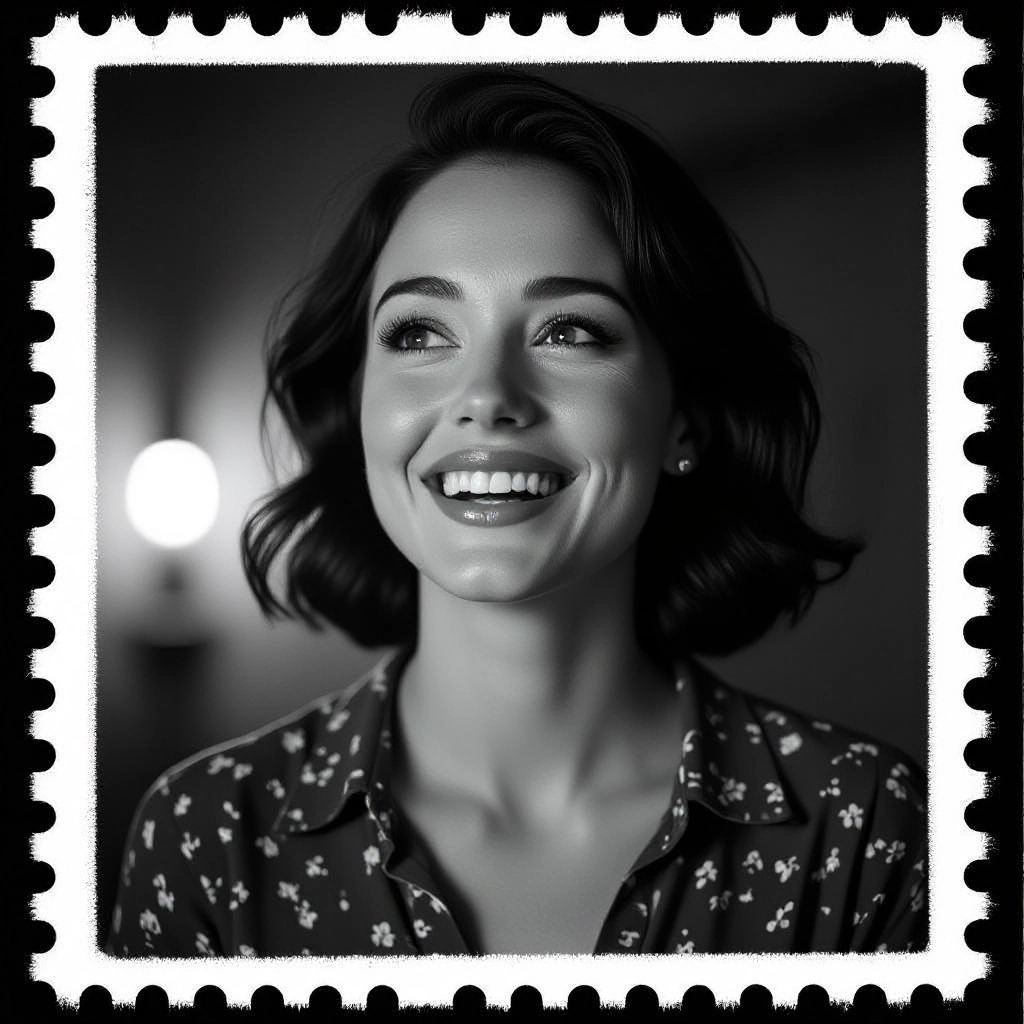
Chromatic Grain and Color Bias
Add chromatic speckle and subtle color bias to mimic warm or cool emulsions and cross-processed looks. Options include selective color grain, magenta or green bias, and channel-specific grain intensity for authentic film color shifts.

ISO Simulation and Noise Response
Emulate film ISO behavior so grain reacts realistically to simulated exposure changes. Higher ISO presets produce coarser, more pronounced grain and tonal compression similar to analog high speed films.
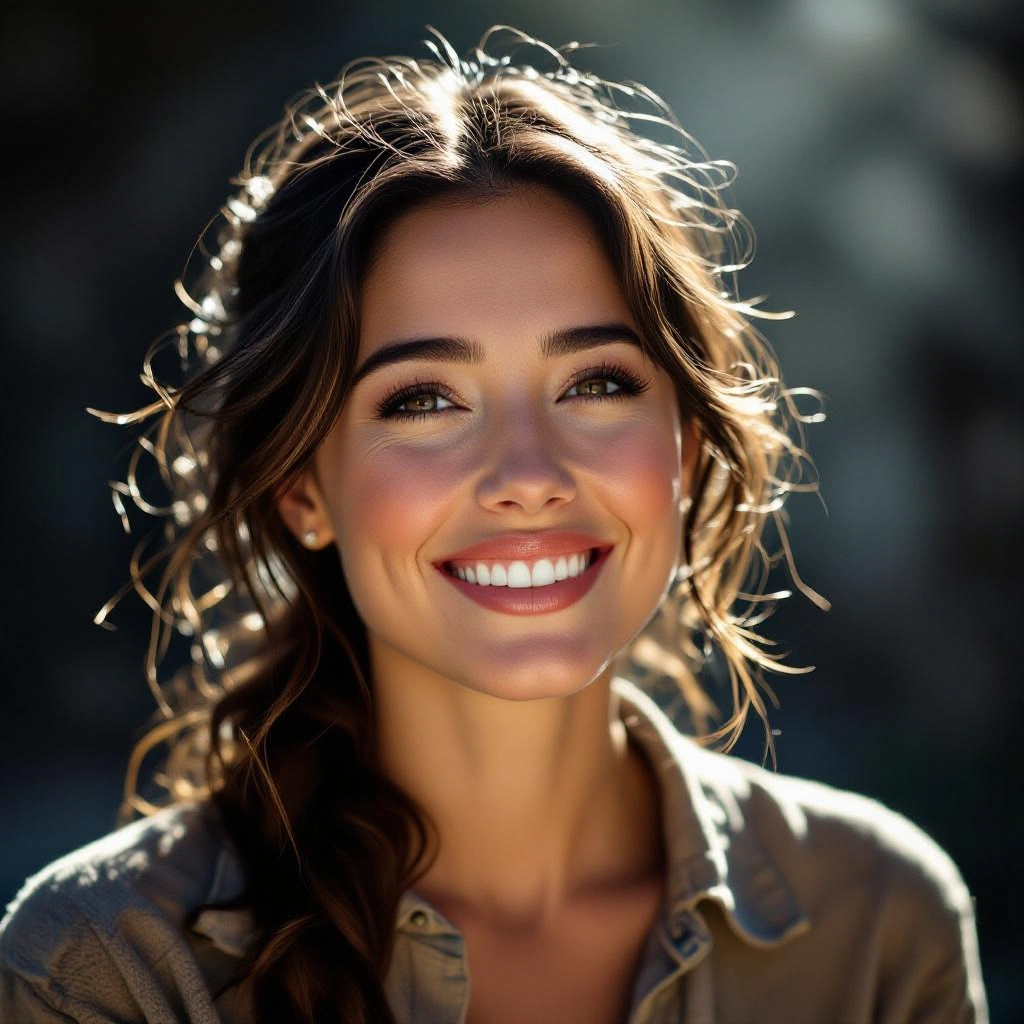
High Resolution Output and Seamless Tiling
Export grain overlays at high resolution suitable for print and video. Seamless tiling options allow you to apply consistent film texture across large canvases or multiple frames without visible joins.
Types of AI Powered Film Grain Style Images
Film grain style varies by emulsion, development and scanning method. Below are common AI generated grain styles, each tailored to replicate a specific analog feel and practical use case for photography and motion work.
Fine Matte Grain
Subtle, evenly distributed micro grain that preserves detail and gives a paper like matte finish, ideal for portraiture and fine art prints.
Coarse High ISO Grain
Large, pronounced grain with visible clumping and stronger contrast, replicating high speed black and white films for gritty, documentary aesthetics.
Chromatic Color Grain
Color speckle across channels that recreates the multi colored grain of color negative films, used to add vintage vibrancy or filmic imperfections.
Halation and Glow Grain
Grain combined with subtle glow around highlights to mimic halation from older emulsions and projection light, perfect for cinematic mood and nostalgia.
Cross Processed Grain
Grain with a pronounced color shift and high contrast that emulates chemical cross processing, useful for stylized editorial and music visuals.
Archival Emulsion Match
Targeted grain patterns modeled on historical film stocks for restoration previews and accurate matching when combining new footage with archived material.
Applications of AI film grain image style
Photography Post Processing
Add authentic film texture to digital photos to achieve analog character, recover filmic feel for portraits, landscapes and street photography without rescanning film.
Film and Video Grading
Integrate consistent grain across clips to match camera stocks, create continuity between digital and filmic footage, and enhance cinematic texture in color grading sessions.
Restoration and Archival Matching
Generate grain patterns that match archived footage to blend restored frames with original scans, useful in preservation and documentary projects.
Graphic Design and Branding
Use film grain textures for posters, album covers and packaging to convey nostalgia, authenticity and tactile richness in visual identity work.
Social Media and Content Creation
Apply stylized grain to reels, photos and thumbnails to stand out in feeds with vintage and cinematic aesthetics that attract engagement.
Game Art and Textures
Create seamless grain overlays and material textures that give in game cinematics and UI elements a warm analog feel while maintaining technical consistency.
FAQs about AI film grain image generator
How is film grain different from digital noise?
Film grain is a physical texture created by silver halide crystals or dye clouds in emulsion and interacts with exposure and development. Digital noise is sensor based and often has uniform, random characteristics. The generator models grain behavior like clumping, edge response and chromatic bias to reproduce analog qualities that noise removal tools cannot replicate.
Can I control the color of the grain?
Yes. The tool provides chromatic grain controls and color bias presets so you can add slight magenta, green or warm biases to emulate specific film stocks or stylized looks.
Will grain reduce fine detail in my images?
Grain can mask or alter perceived detail if applied heavily. Use grain size and distribution controls to preserve critical detail in highlights and midtones while adding texture to flatter areas or backgrounds.
Can I use generated grain in commercial projects?
Generated grain overlays and images are typically provided with usage rights for personal and commercial projects. Check the specific licensing terms of the platform, but most free online generators allow commercial use of exported images.
How do I match grain to a specific film stock?
Start with a preset that approximates the target emulsion, then adjust grain size, clumping, color bias and ISO response while comparing to a reference scan. Fine tuning exposure response and halation controls helps the generated grain match the real stock closely.
Can I remove generated grain after applying it?
Yes. Export grain as a separate overlay or adjustment layer so you can toggle, mask or reduce it non destructively. Keeping a grain layer separate allows precise control during final compositing and retouching.

Explore All Image Generators
More generators coming soon!
